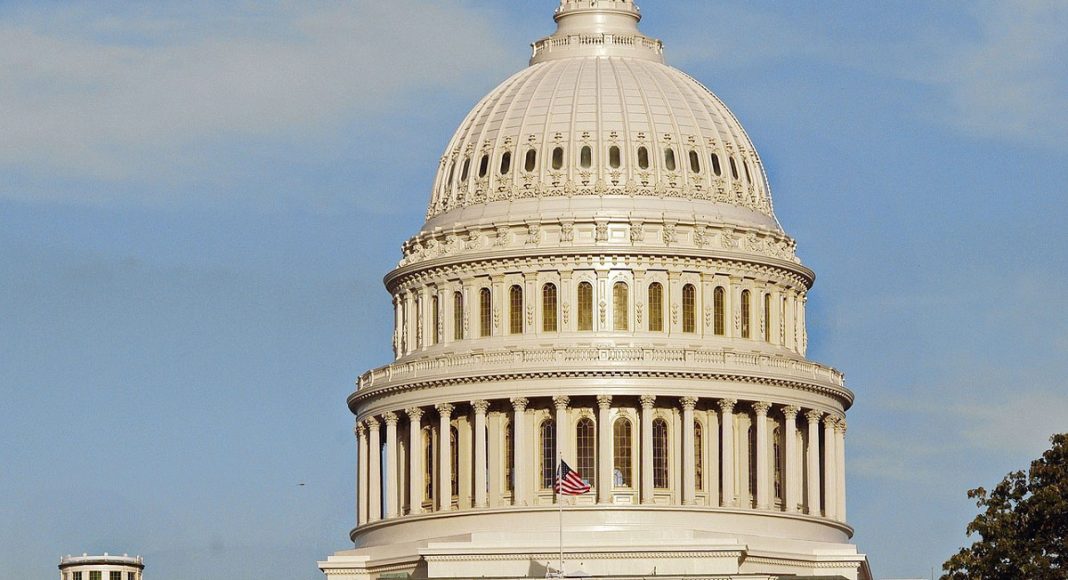There are presently a handful of federal marijuana bills idling in the halls of Congress that would work to pull the United States out of marijuana prohibition.
Perhaps one of the most important bills being pushed this year is the “Respect State Marijuana Laws Act of 2017.” The proposal, which was introduced by Representative Dana Rohrabacher of California, would prevent the Trump or any other administration from swooping in to shut down the cannabis industry, as long those businesses were operating in accordance with state law. The bill is essentially a more permanent version of the Rohrabacher-Farr amendment, which is a temporary protection in the form of a federal spending rider, preventing the federal government from spending tax dollars to investigate and prosecute medical marijuana operations.
There is also the “Ending Federal Marijuana Prohibition Act of 2017,” a proposal that would allow the cannabis plant to be taxed and regulated nationwide in a manner similar to alcohol and tobacco. Introduced by Representative Tom Garrett of Virginia, the bill is a carbon copy of one submitted in the Senate back in 2015 by Senator Bernie Sanders – it simply aims to eliminate marijuana from the confines of the Controlled Substances Act, so that states can finally establish their own marijuana rules without the risk of federal interference.
One of the more modest proposals in the bunch includes the “Legitimate Use of Medicinal Marihuana Act.” This bill, sponsored by Representative H. Morgan Griffith of Virginia, would downgrade the Schedule I classification of the cannabis plant to a Schedule II – giving scientists more freedom to research the herb while protecting those doctors who recommend medical marijuana to their patients. The proposal would also open the door for the pharmaceutical industry to begin developing a variety of cannabis-based products.
-
Related Story: CannaCurious? Here’s How To Get Started With Marijuana
Griffith is also pushing a separate proposal – the Compassionate Access Act – that would eliminate “cannabidiol” from the federal government’s definition of marijuana. The proposal would basically allow CBD oil (a derivative with less than 0.3 percent THC) to become a completely separate medicine from the cannabis plant.
So far, none of these pieces of legislation have so much as received a hearing inside the halls of Congress, and they likely wont. Although the recently formed Congressional Cannabis Caucus has vowed, with some level of faith, to make a dent in the issue of nationwide marijuana reform this year, the group consists only of the same four lawmakers who have been unsuccessfully pushing these types of bills for the past several years.
Even with some of the latest national polls showing that around 60 percent of the American population now believes marijuana should be made legal in the same fashion as beer, Republican forces have, and will likely continue, to turn their backs on any proposal asking for legal weed.
To date, no bill seeking to change this country’s marijuana laws has ever been heard in Congress.
[gravityform id=”13″ title=”false” description=”true”]


